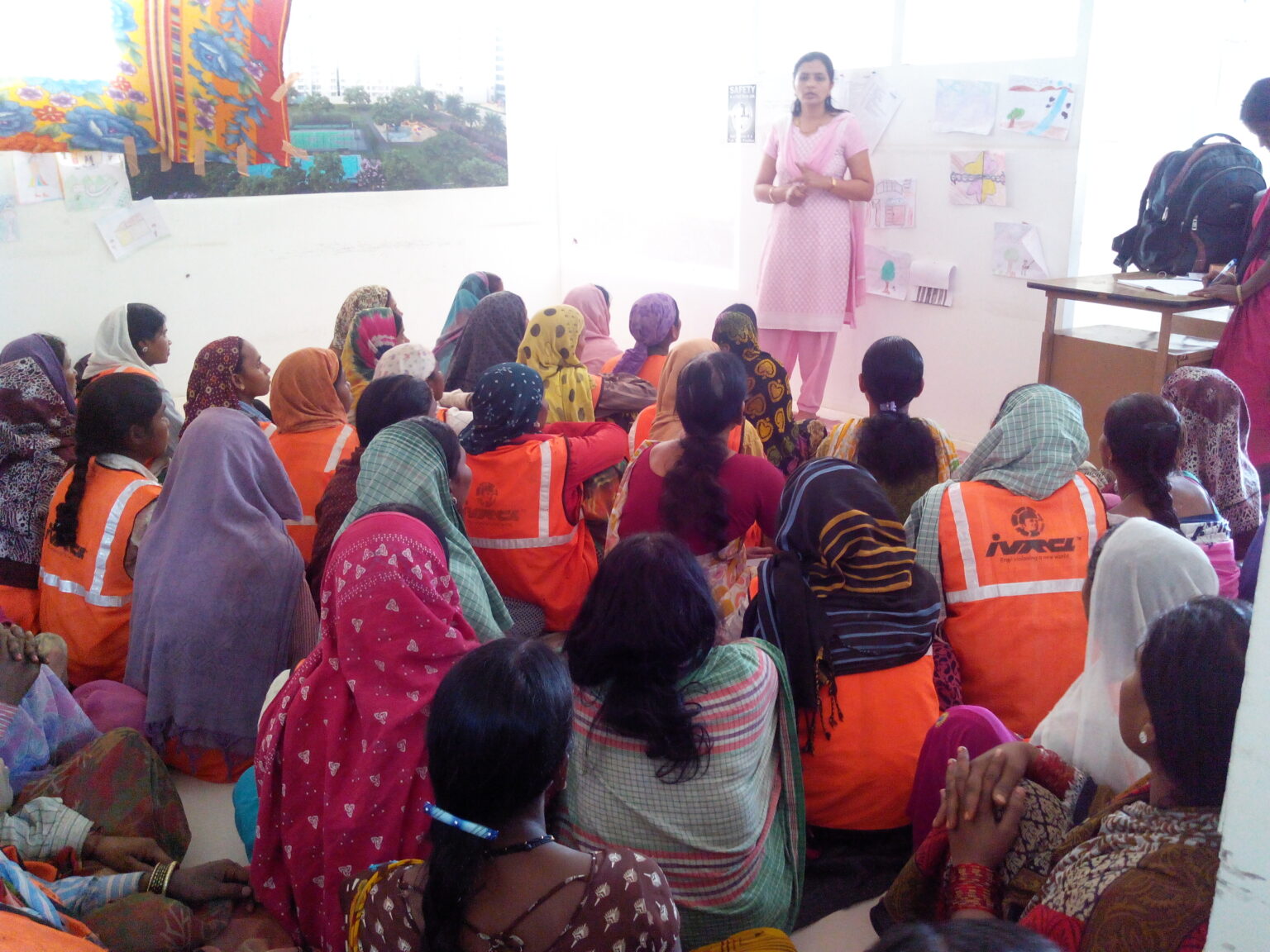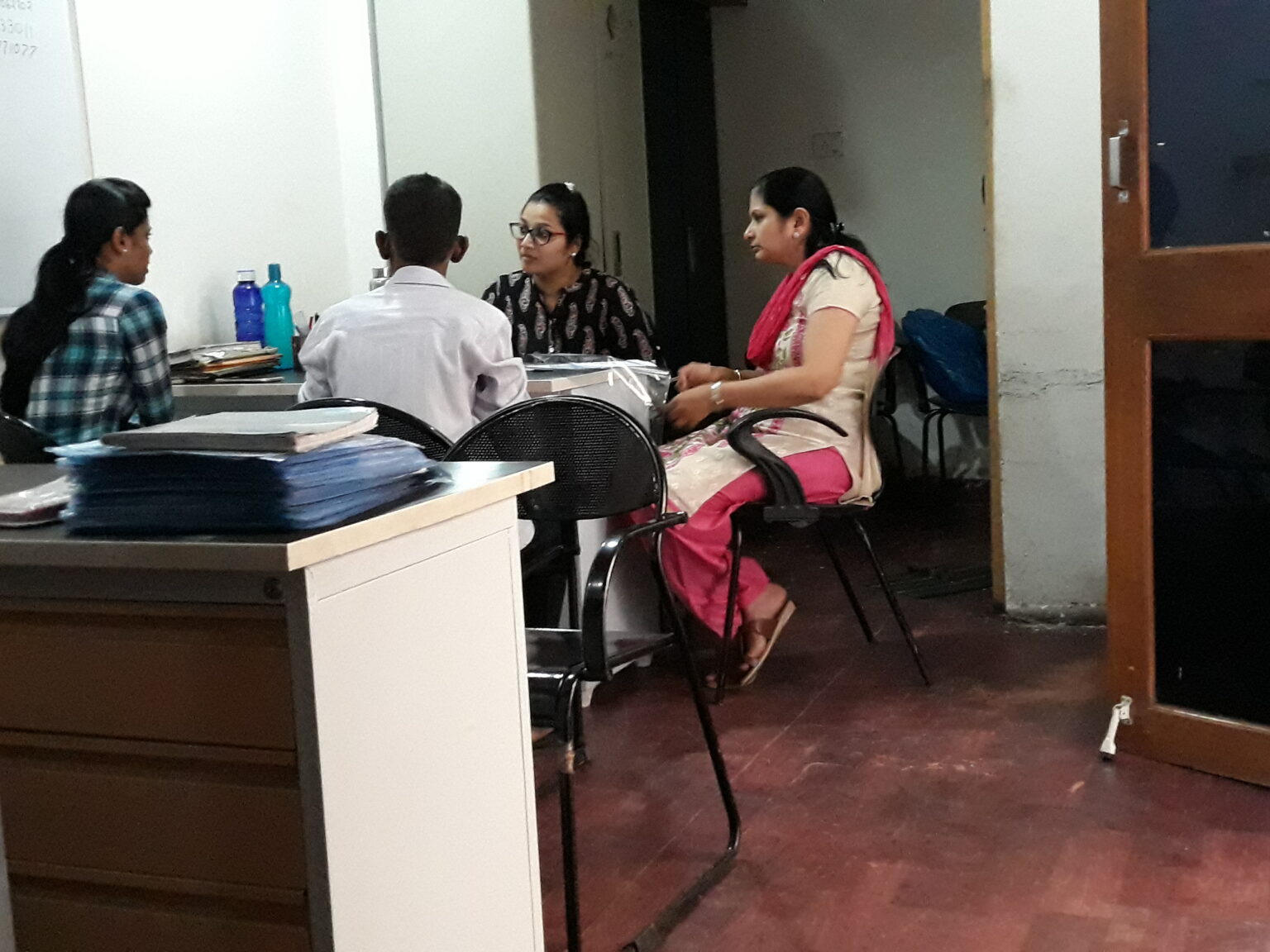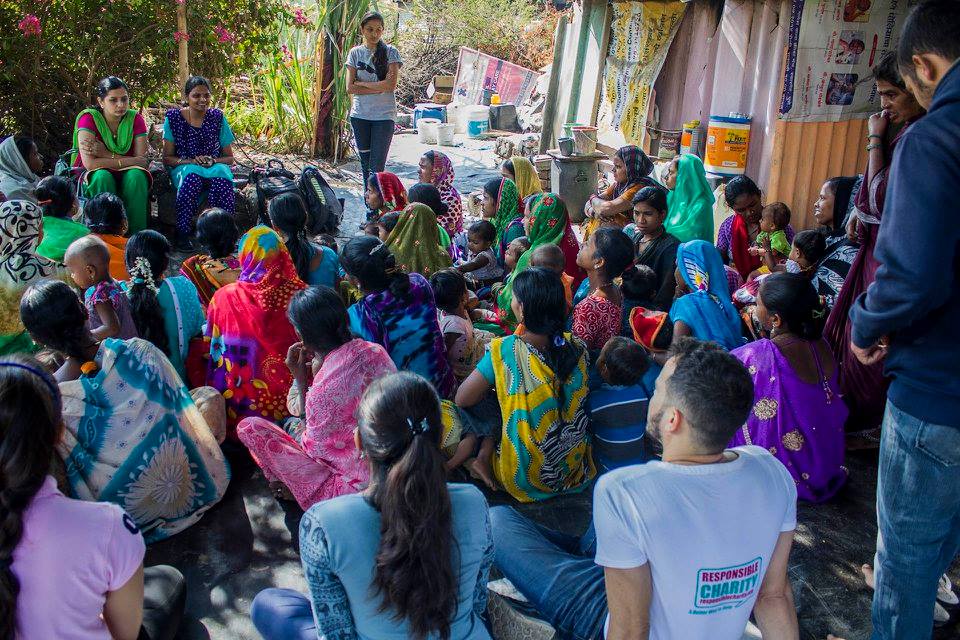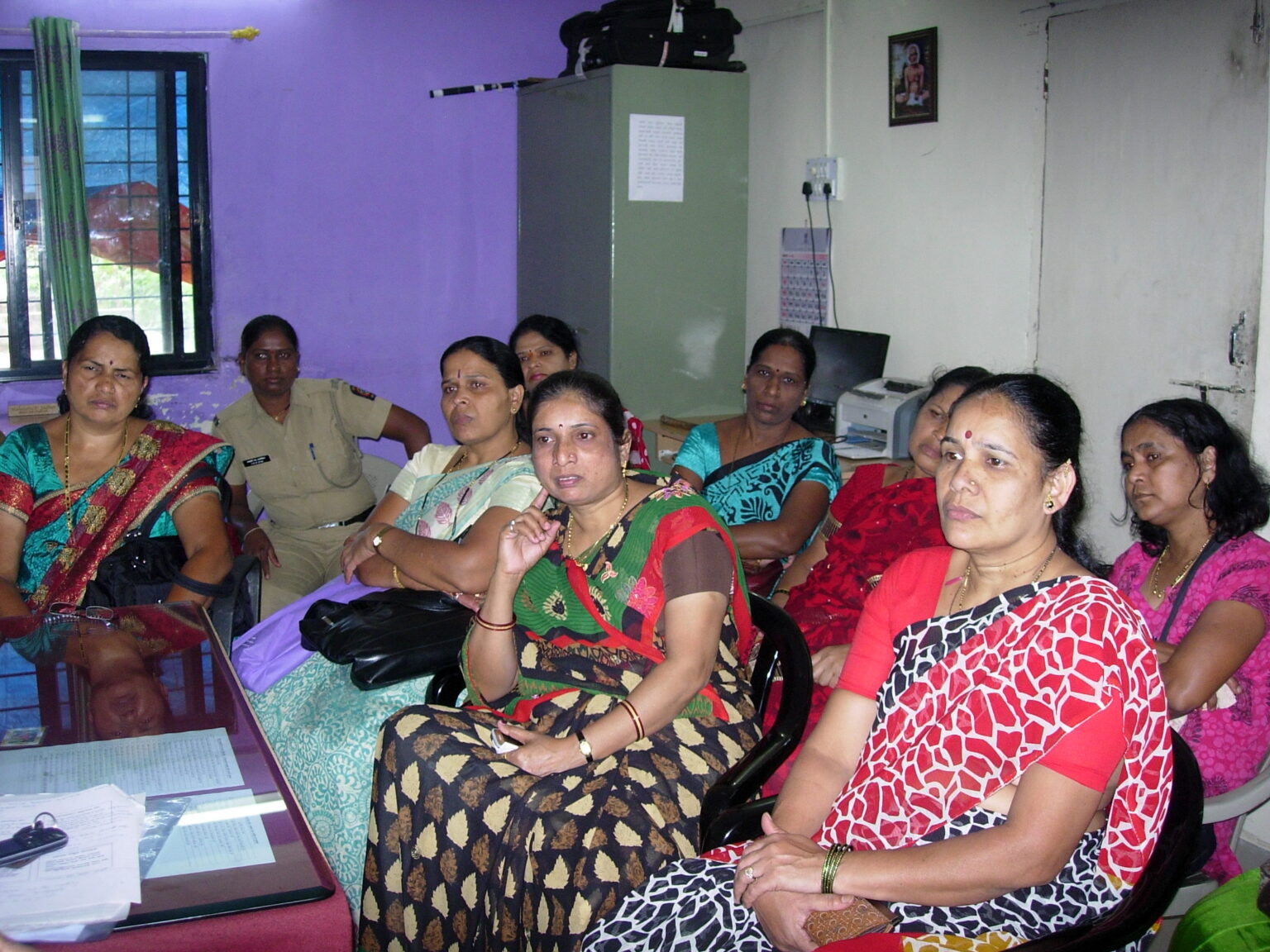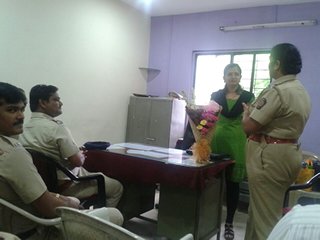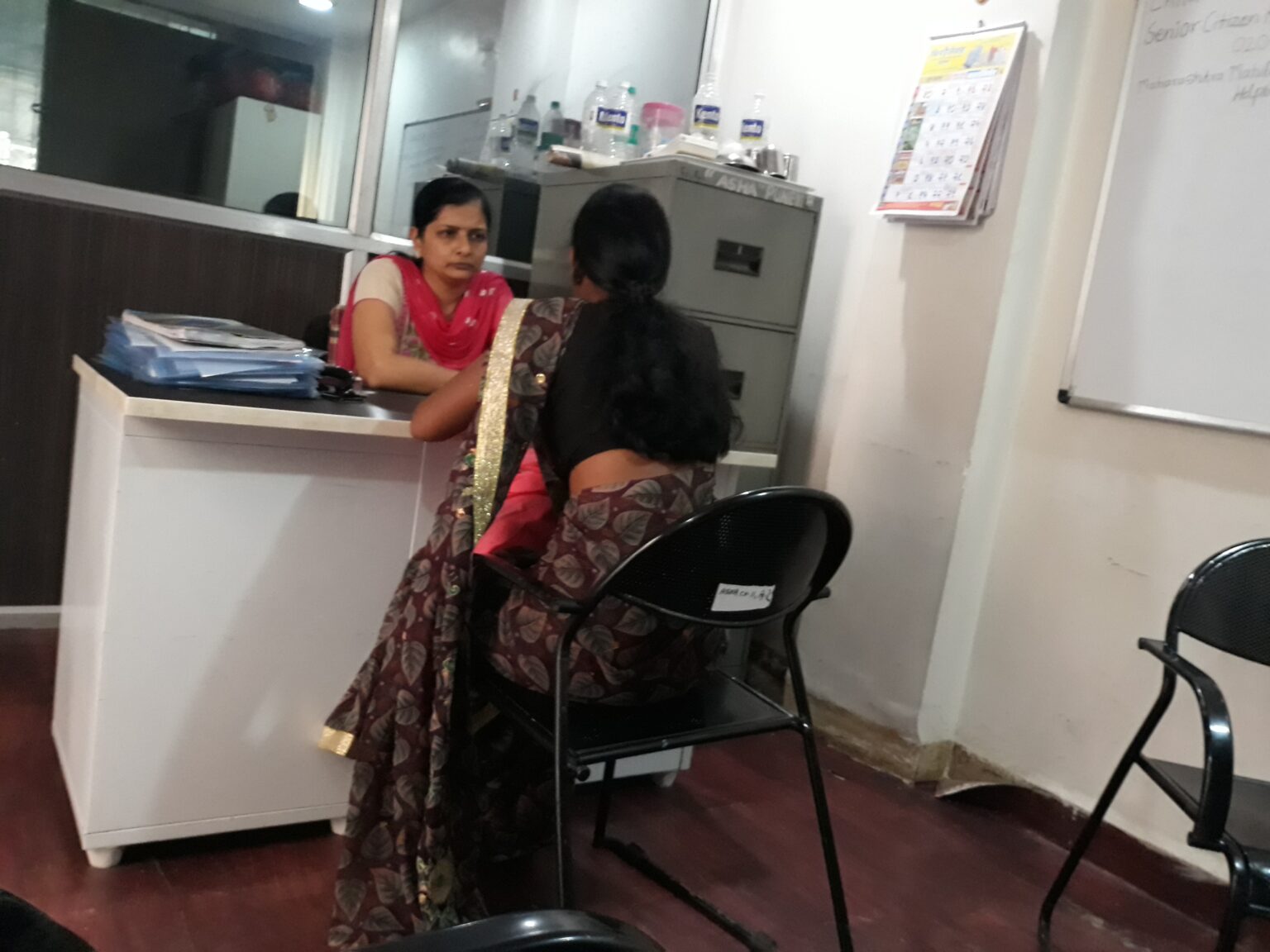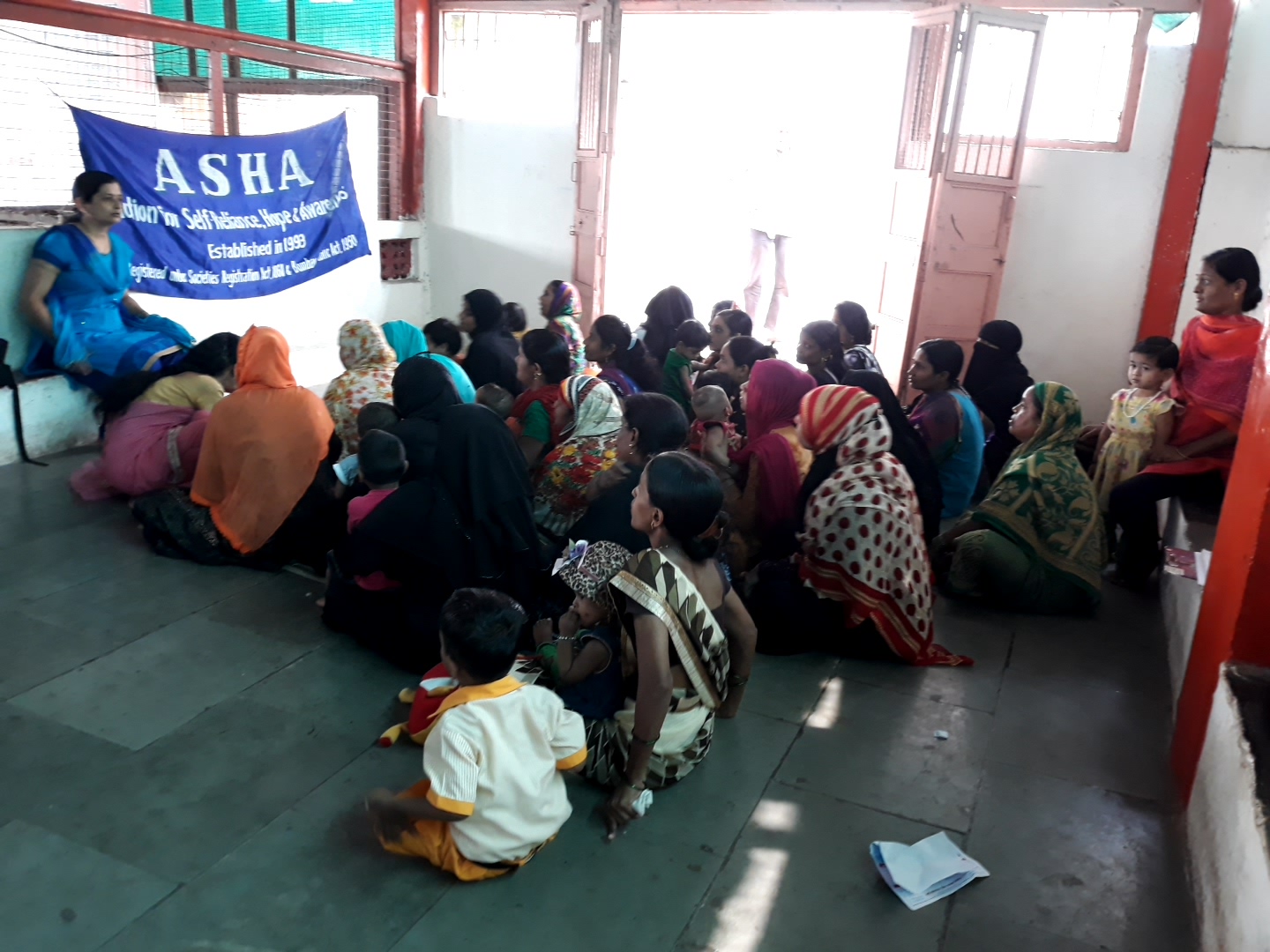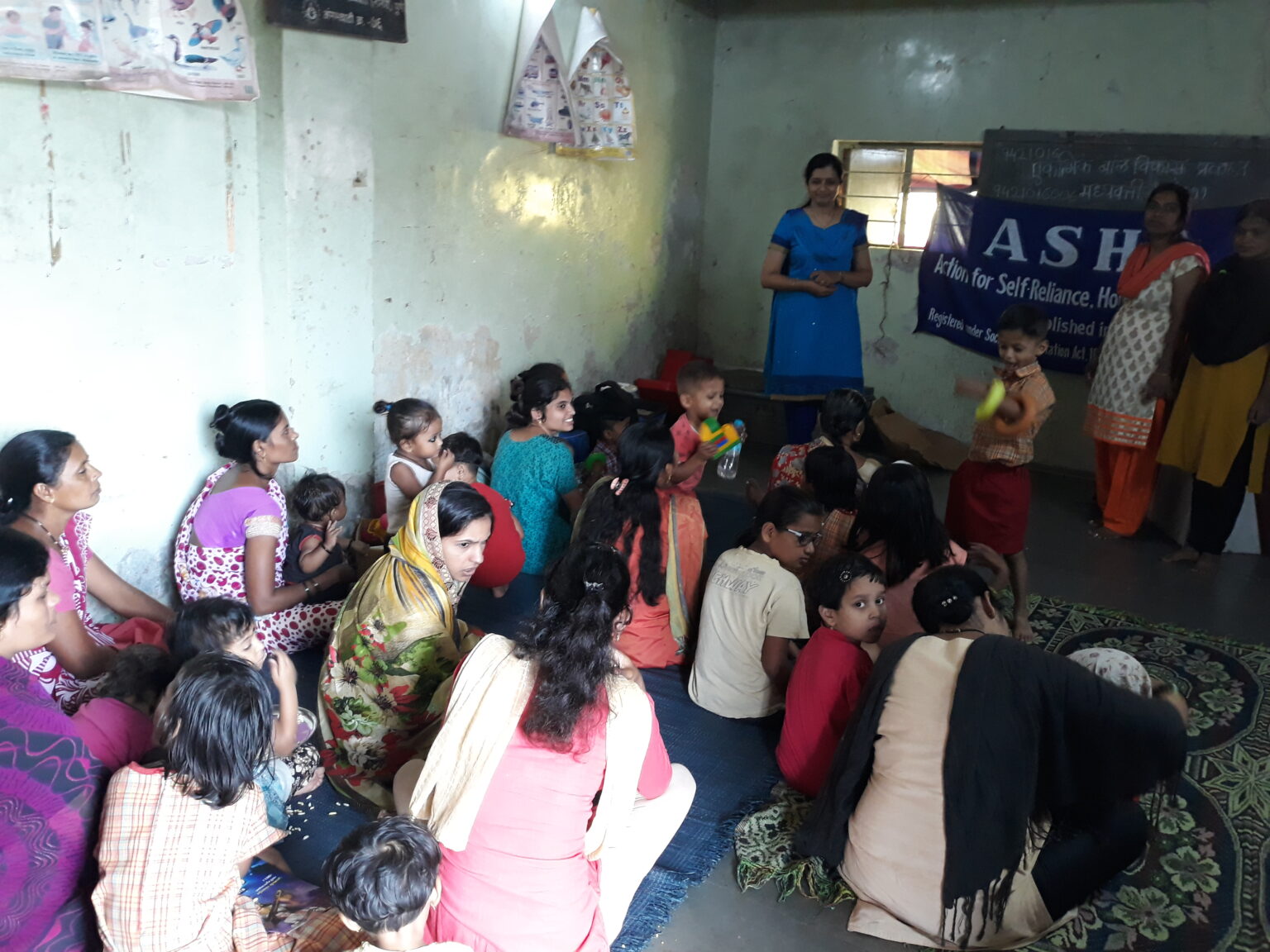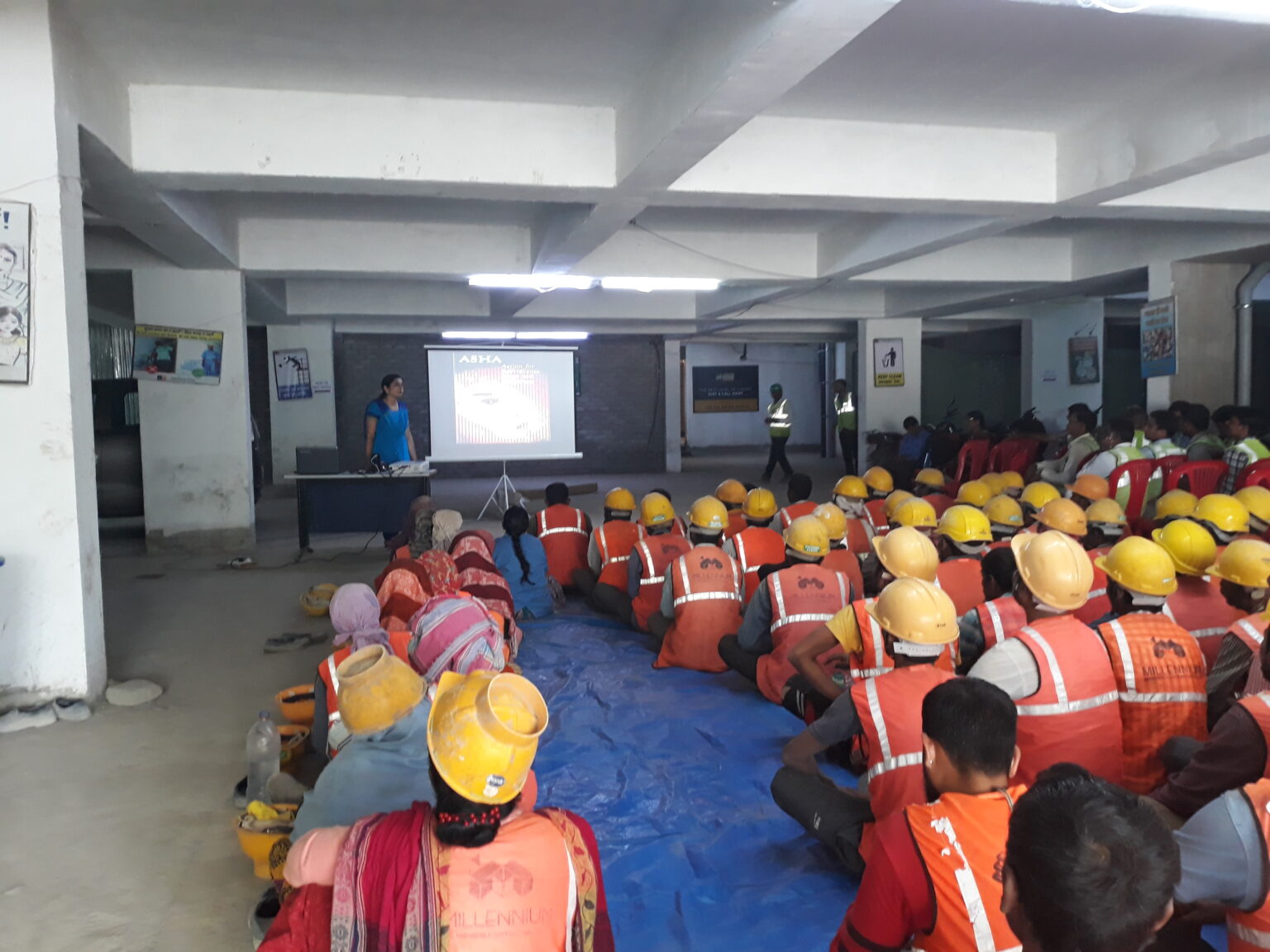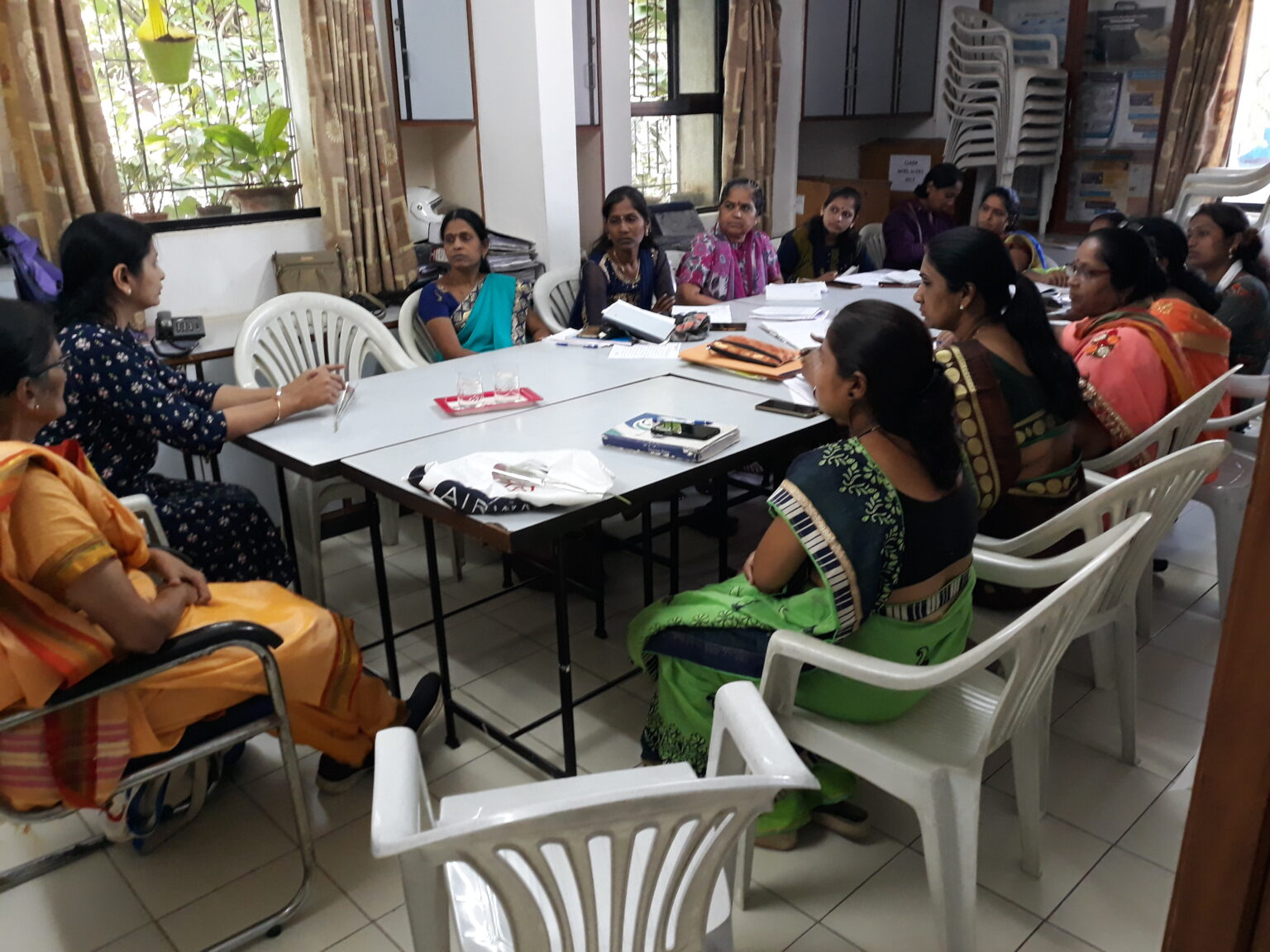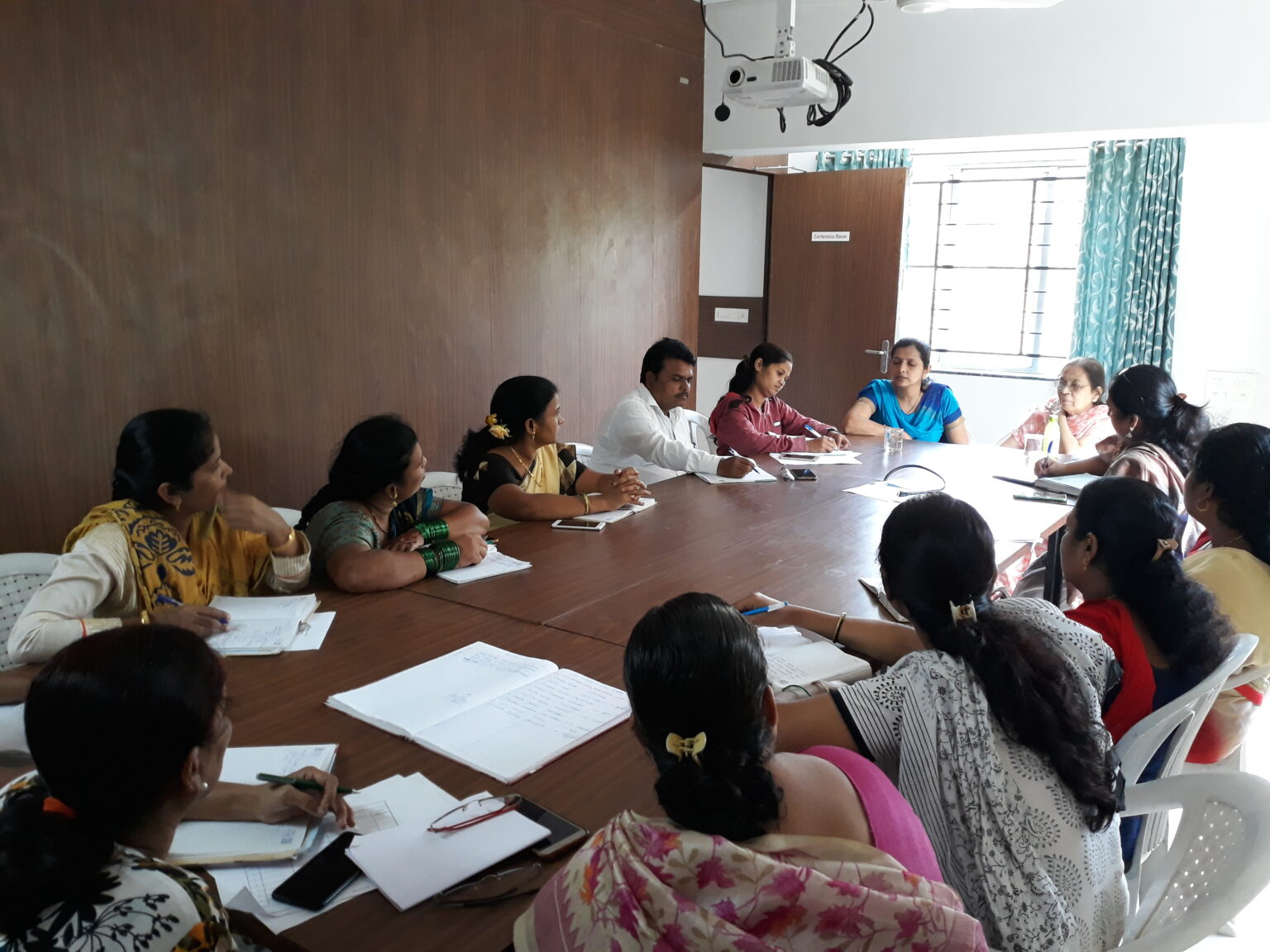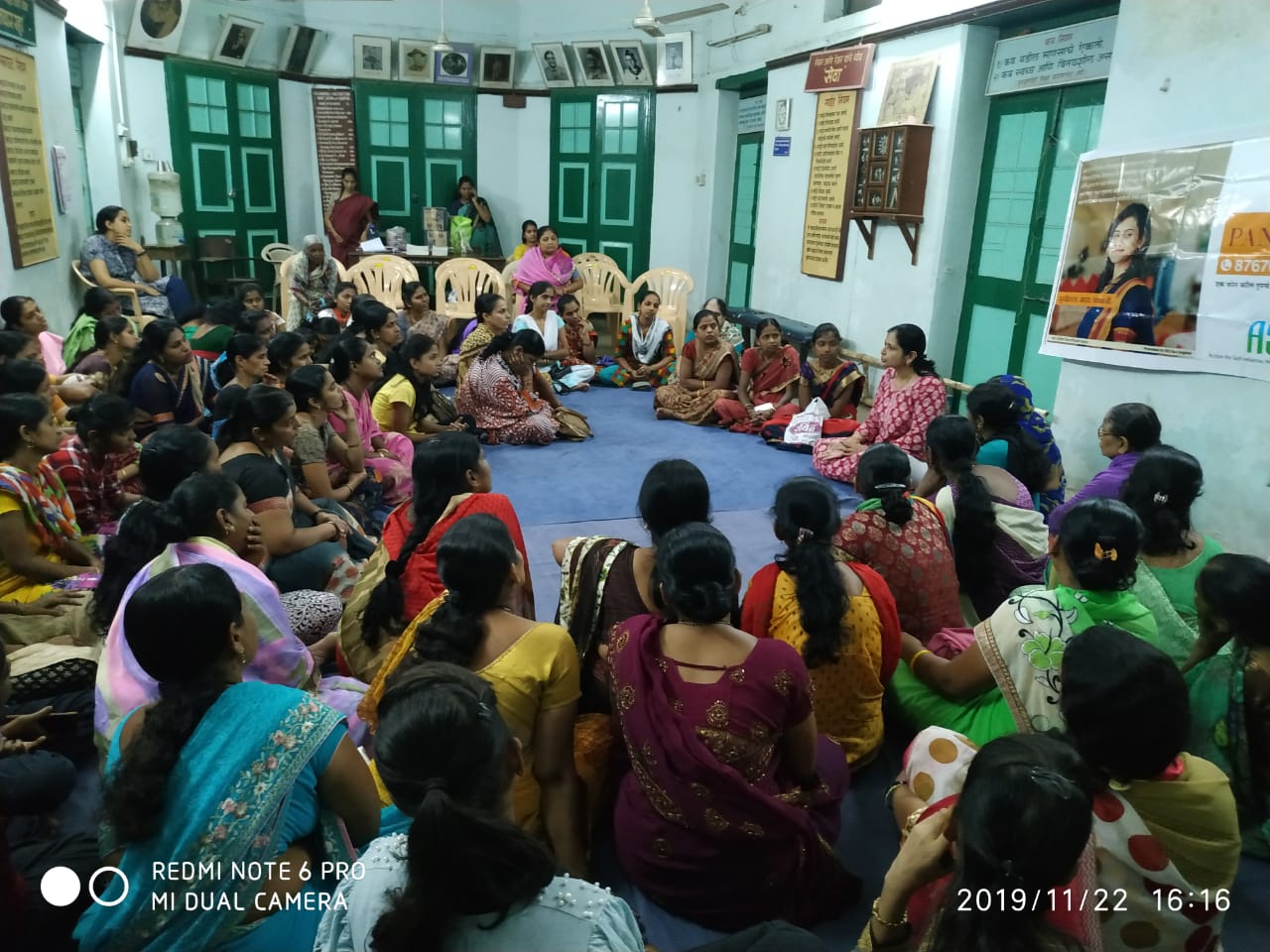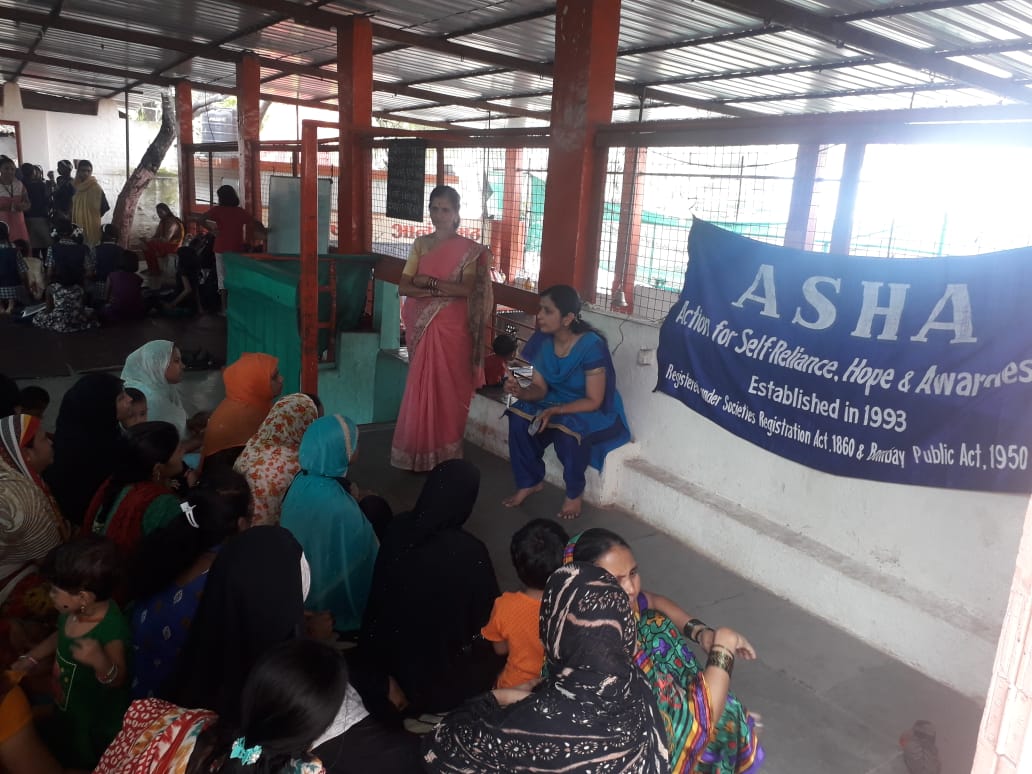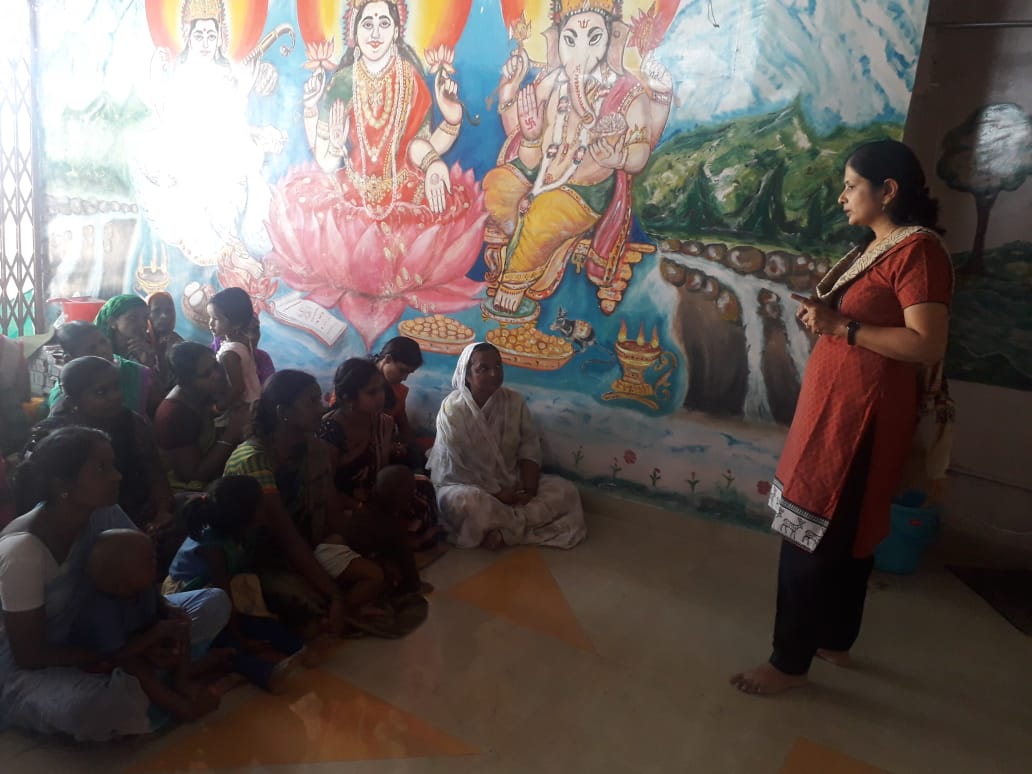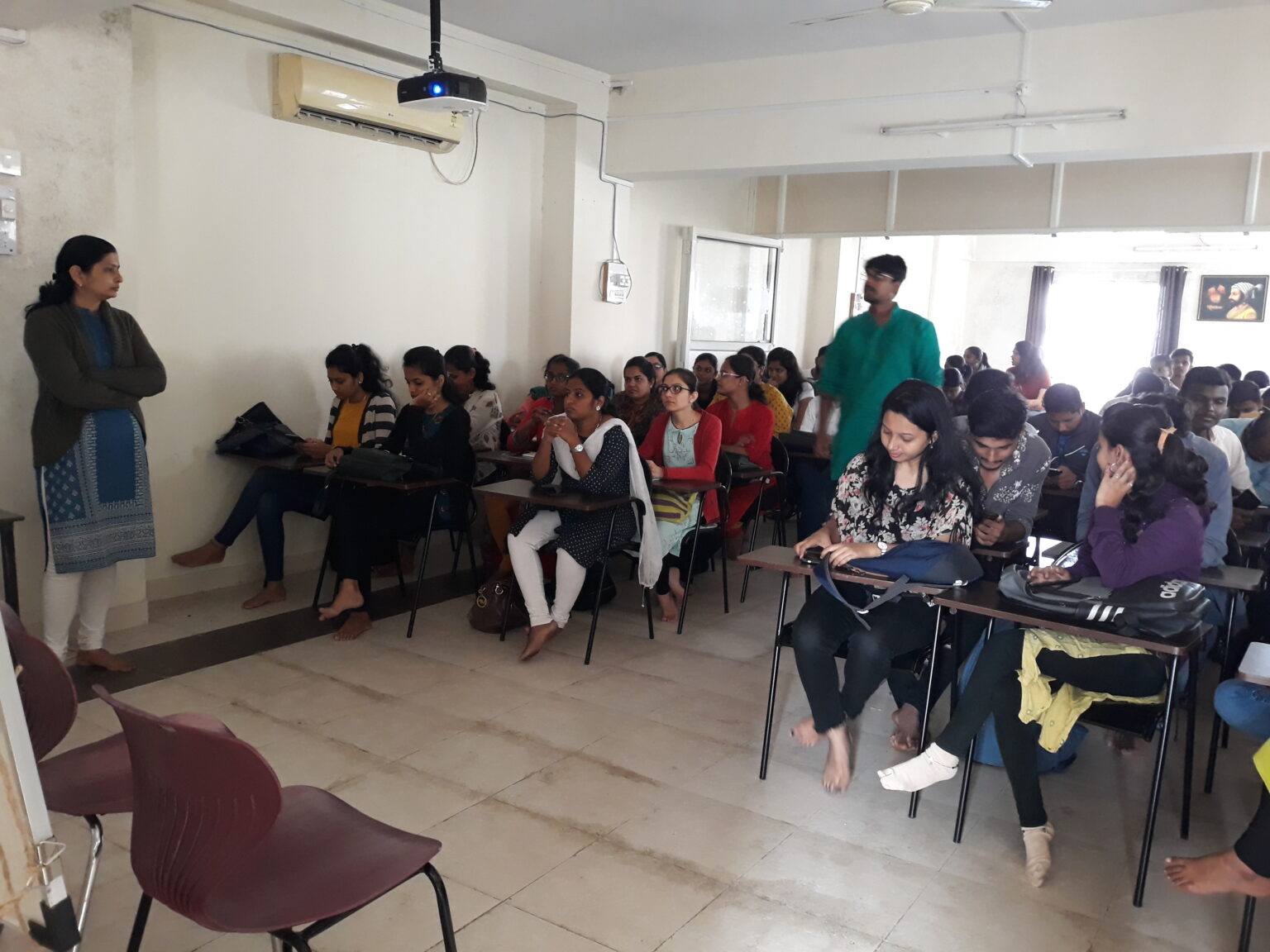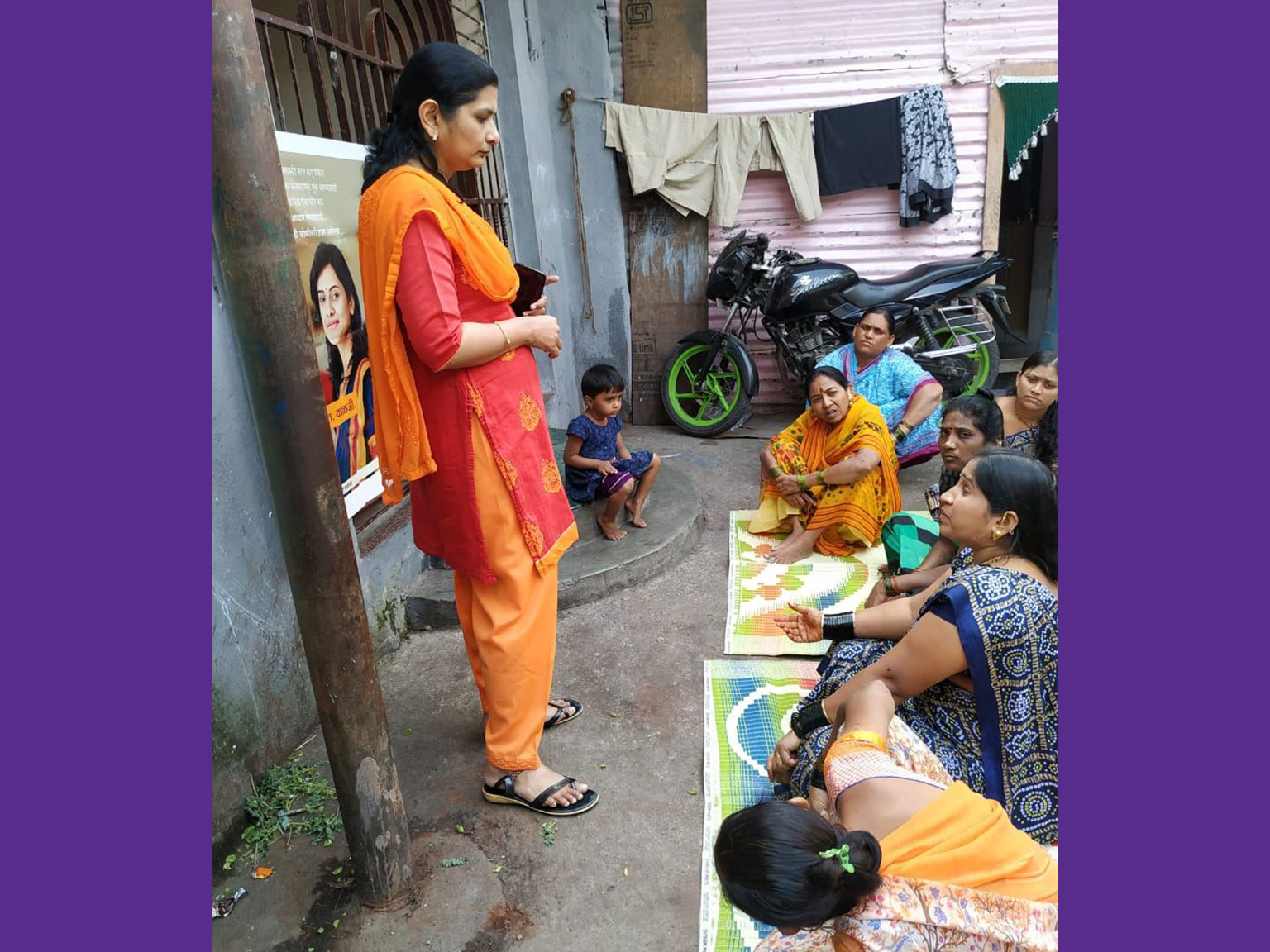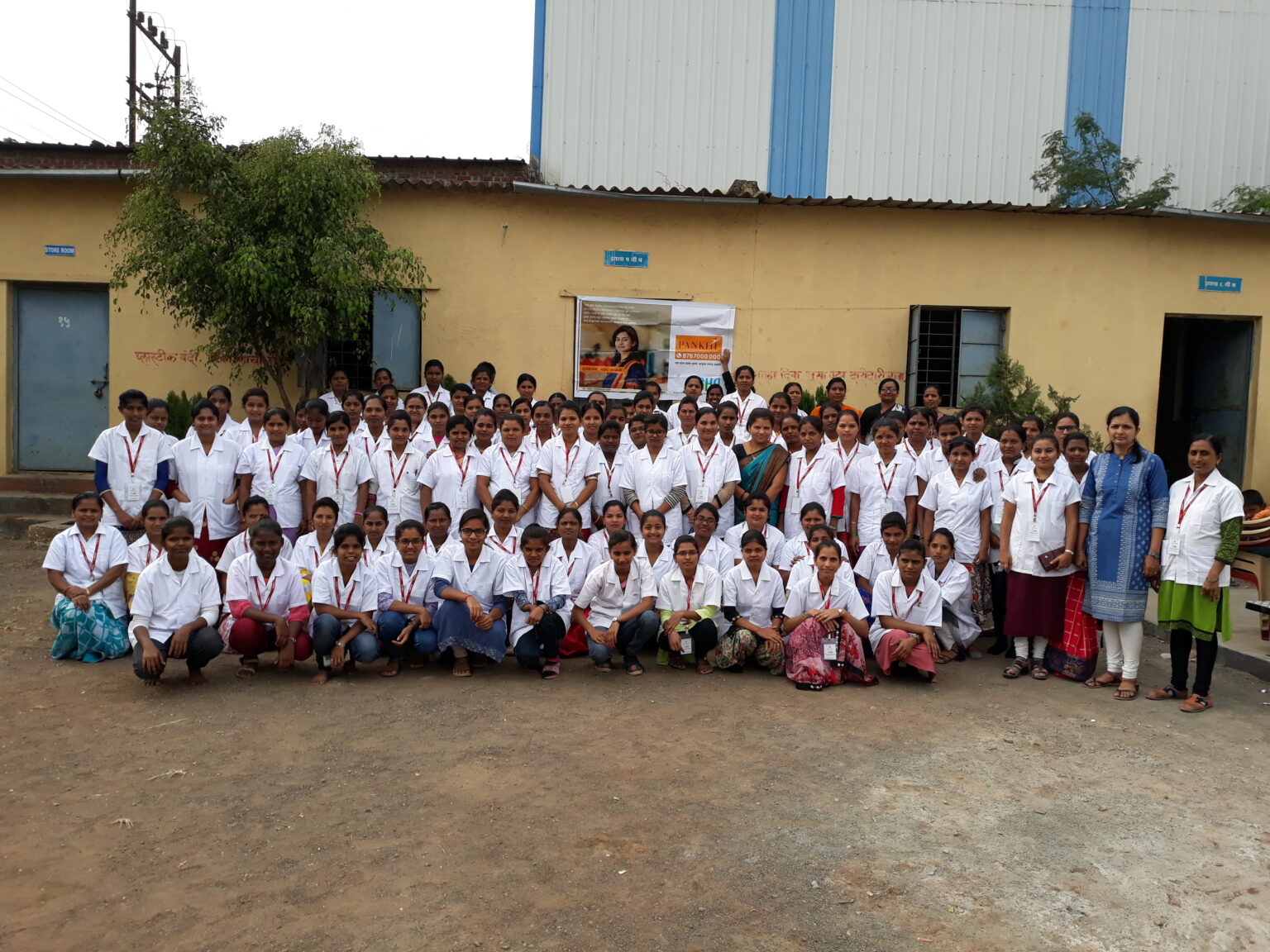Our Programs
Crisis Intervention Cell
Over the past 28 years, ASHA (Action for Self-Reliance, Hope, and Awareness) has served as a core service provider, working as a nonprofit, non-governmental organization dedicated to the upliftment and empowerment of underprivileged women and those affected by domestic violence. Established in 1993, ASHA has consistently aimed to support these women through comprehensive, client-centered approaches.
When ASHA was founded in 1993 in Pune, Maharashtra, the founders brought not only their domain expertise but also a humanistic, client-centered, and non-directive philosophical orientation. We are a group of professionals deeply engaged in our respective fields, unified by our commitment to service.
We believe empowerment is an internal process, contrary to the popular misconception of merely gaining power. For us, empowerment involves the effective and assertive exercise of universal human rights. However, a state of vulnerability during a crisis can lead to feelings of powerlessness and confusion, justifying the need for external intervention. Our interventions aim to restore women's sense of agency rather than creating dependency and victimization.
With this view, ASHA established the Domestic Violence Crisis Intervention Cell in 1996 at a centrally located police station in Pune. We aim to help women within the legal framework, maintaining clear boundaries between our organization's role and that of the police. Our work is non-hostile and non-confrontational.
The objective of the Domestic Violence Crisis Intervention Cell is to address violence and abuse in personal relationships, promote safety, mitigate conflicts, and facilitate fair resolutions within the mandate of crisis intervention services. Our framework emphasizes human rights and prioritizes personal safety.
Each year, ASHA registers approximately 250 cases. Our clients are often referred by previous clients, acquaintances, police stations, advocates, family court counselors, doctors, and more. Initially, most clients were women from lower socioeconomic backgrounds with minimal education and resources. However, in recent years, men and women from all socioeconomic strata and educational backgrounds have sought assistance from ASHA, often learning about us online.
Social workers at the Crisis Intervention Cell provide services to clients experiencing domestic violence. These services include crisis intervention, advocacy, referrals, information, support, and practical assistance, with a priority on those subjected to violence.
The Crisis Intervention Cell operates under the supervision of trained social workers, psychiatrists, and lawyers from Monday to Saturday, 9:30 a.m. to 5:30 p.m.
Social workers offer need-based interventions after an initial assessment and may involve police intervention if necessary. During crises, social workers provide specific and focused interventions, offering relief and assurance to mitigate the client's vulnerability and enable them to progress to the next phase of coping.
Individuals in toxic relationships often face emotional, mental, or psychological issues such as stress, depression, anxiety, mood disorders, and decision-making difficulties. ASHA offers psychiatric support every Thursday to help clients address these issues.
Sometimes, clients are uncertain about their relationship decisions and seek guidance on their options. ASHA provides legal guidance and assistance every Saturday. All services provided by ASHA are free of cost.
Extramural Training Program
ASHA is actively involved in multiple levels of awareness and sensitization activities focusing on gender issues, legal literacy for women, and safety and security concerns. These objectives are achieved through extramural training programs targeting various groups, including NGOs, community members, corporate sector women employees, adolescent girls in schools and colleges, police personnel, and construction site laborers.
In the past eight years, ASHA has conducted numerous training sessions, benefiting thousands of individuals across different sectors. Topics covered include domestic violence, eve teasing, sexual harassment at the workplace, listening and communication skills, women’s health, child sexual abuse, child marriage, child nutrition, health, and environmental hygiene.
Beneficiaries List
- Mahila Dakshata Samiti members at police stations: 95
- Government staff: 155
- Community women: 1,688
- Adolescent school and college girls: 810
- Hospital staff: 125
- Construction laborers: 6,407
- NGO staff: 50
- Young school-going children: 107
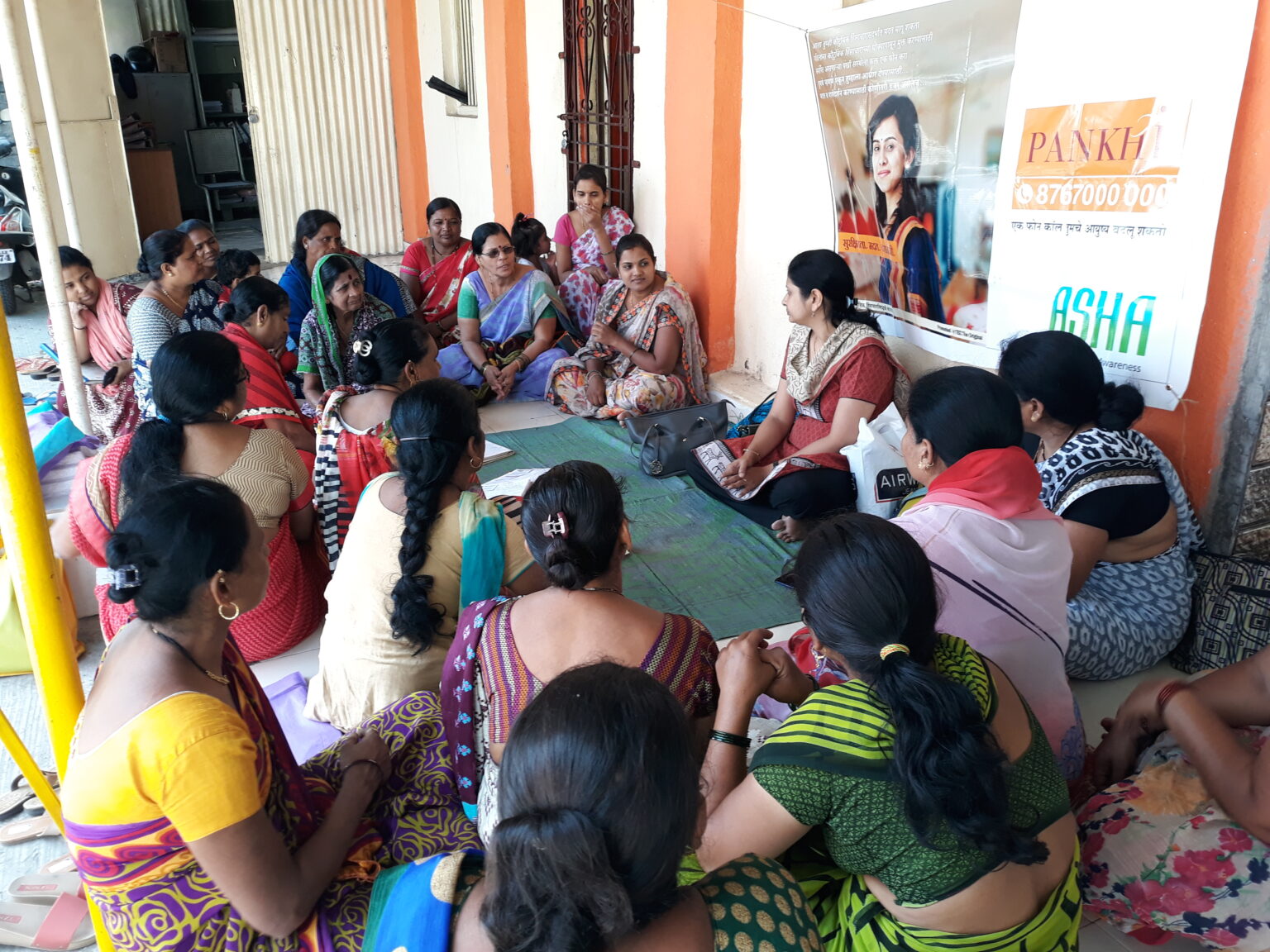
Sakhi Helpline
Helpline Calls (2016-2020):
| Year | Marital calls | Other than marital calls | Total number of calls | ||
|---|---|---|---|---|---|
| New | Follow up | New | Followup | ||
| 2016 | 129 | 4 | 43 | 4 | 180 |
| 2017 | 283 | 22 | 109 | 2 | 416 |
| 2018 | 390 | 27 | 130 | 5 | 552 |
| 2019 | 542 | 35 | 198 | 2 | 777 |
| 2020 | 608 | 76 | 231 | 6 | 921 |
| 2021 | 336 | 90 | 143 | 43 | 612 |
| 2022 | 170 | 36 | 71 | 11 | 288 |
| 2023 | 281 | 11 | 66 | 1 | 359 |
| Total | 2,639 | 301 | 991 | 74 | 4005 |
Project Pankhi
Online and Physical Awareness Programs
If you're ready to make a difference or contribute,
Reach out to us today! Contact Us

